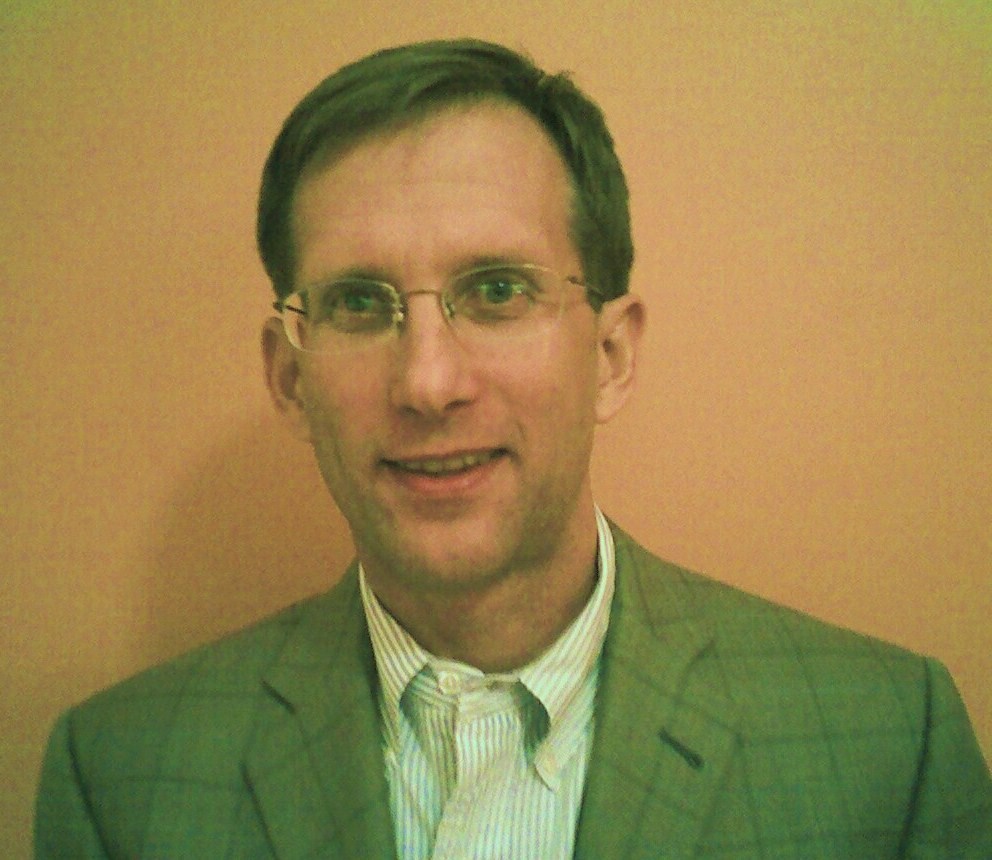 Alan Kay recently outlined some of the principles that he thought made Xerox's PARC so successful (if you don't know who Alan Kay is or why PARC was so special, you should try to find out). One was: "'It's baseball,' not 'golf'...Not getting a hit is not failure but the overhead for getting hits." That doesn't quite square with my impression of golf, but I take the point. It's about the price of success. As psychologist Dean Simonton pointed out in Origins of Genius: "The more successes there are, the more failures there are as well." "Quality," he wrote, "is a probabilistic function of quantity." We talk a lot about innovation these days, especially "disruptive innovation." Why not? It sounds cool, it allows people to think they're on the cutting edge, and it often excites investors. But perhaps we've lost sight of what it is supposed to actually be...
Alan Kay recently outlined some of the principles that he thought made Xerox's PARC so successful (if you don't know who Alan Kay is or why PARC was so special, you should try to find out). One was: "'It's baseball,' not 'golf'...Not getting a hit is not failure but the overhead for getting hits." That doesn't quite square with my impression of golf, but I take the point. It's about the price of success. As psychologist Dean Simonton pointed out in Origins of Genius: "The more successes there are, the more failures there are as well." "Quality," he wrote, "is a probabilistic function of quantity." We talk a lot about innovation these days, especially "disruptive innovation." Why not? It sounds cool, it allows people to think they're on the cutting edge, and it often excites investors. But perhaps we've lost sight of what it is supposed to actually be...
Alan Kay
See the following -
Are Smartwatches Being Over-Hyped as Health Trackers?
 I don't get smartwatches. Yes, I know; they're all the rage. Apple unveiled its Apple Watch earlier this month, to generally good if not entirely ecstatic reviews. Not to be outdone, Google announced a collaboration with TAG Heuer and Intel for a "Swiss Smartwatch."...I have to wonder why the focus on the wrist. It isn't the ideal place to track, say, your heartbeat, your sleep, or your steps, and as a result fitness trackers have been faulted about their accuracy. Cramming features into a smartphone makes some sense, because they have become so ubiquitous, but I'm not sure who is clamoring to add more features to a watch...
I don't get smartwatches. Yes, I know; they're all the rage. Apple unveiled its Apple Watch earlier this month, to generally good if not entirely ecstatic reviews. Not to be outdone, Google announced a collaboration with TAG Heuer and Intel for a "Swiss Smartwatch."...I have to wonder why the focus on the wrist. It isn't the ideal place to track, say, your heartbeat, your sleep, or your steps, and as a result fitness trackers have been faulted about their accuracy. Cramming features into a smartphone makes some sense, because they have become so ubiquitous, but I'm not sure who is clamoring to add more features to a watch...
- Login to post comments
Healthcare Innovation: Think Bigger, Fail Often.
- Login to post comments
Introducing OpenAI
 OpenAI is a non-profit artificial intelligence research company. Our goal is to advance digital intelligence in the way that is most likely to benefit humanity as a whole, unconstrained by a need to generate financial return. Since our research is free from financial obligations, we can better focus on a positive human impact. We believe AI should be an extension of individual human wills and, in the spirit of liberty, as broadly and evenly distributed as possible.The outcome of this venture is uncertain and the work is difficult, but we believe the goal and the structure are right. We hope this is what matters most to the best in the field.
OpenAI is a non-profit artificial intelligence research company. Our goal is to advance digital intelligence in the way that is most likely to benefit humanity as a whole, unconstrained by a need to generate financial return. Since our research is free from financial obligations, we can better focus on a positive human impact. We believe AI should be an extension of individual human wills and, in the spirit of liberty, as broadly and evenly distributed as possible.The outcome of this venture is uncertain and the work is difficult, but we believe the goal and the structure are right. We hope this is what matters most to the best in the field.
- Login to post comments
The Man Who Would Build A Computer The Size Of The Entire Internet
[...] Inside the massive data centers that drive things like Google Search and Gmail and Google Maps, you’ll find tens of thousands of machines — each small enough to hold in your arms — but thanks to a new breed of software that spans this sea of servers, the entire data center operates like a single system, one giant computer that runs any application the company throws at it. Read More »
- Login to post comments